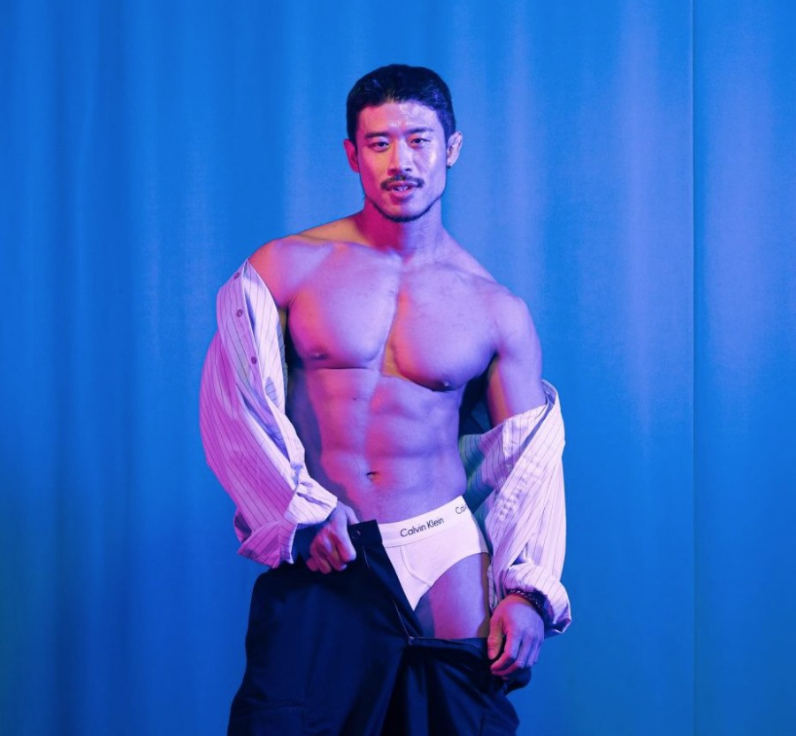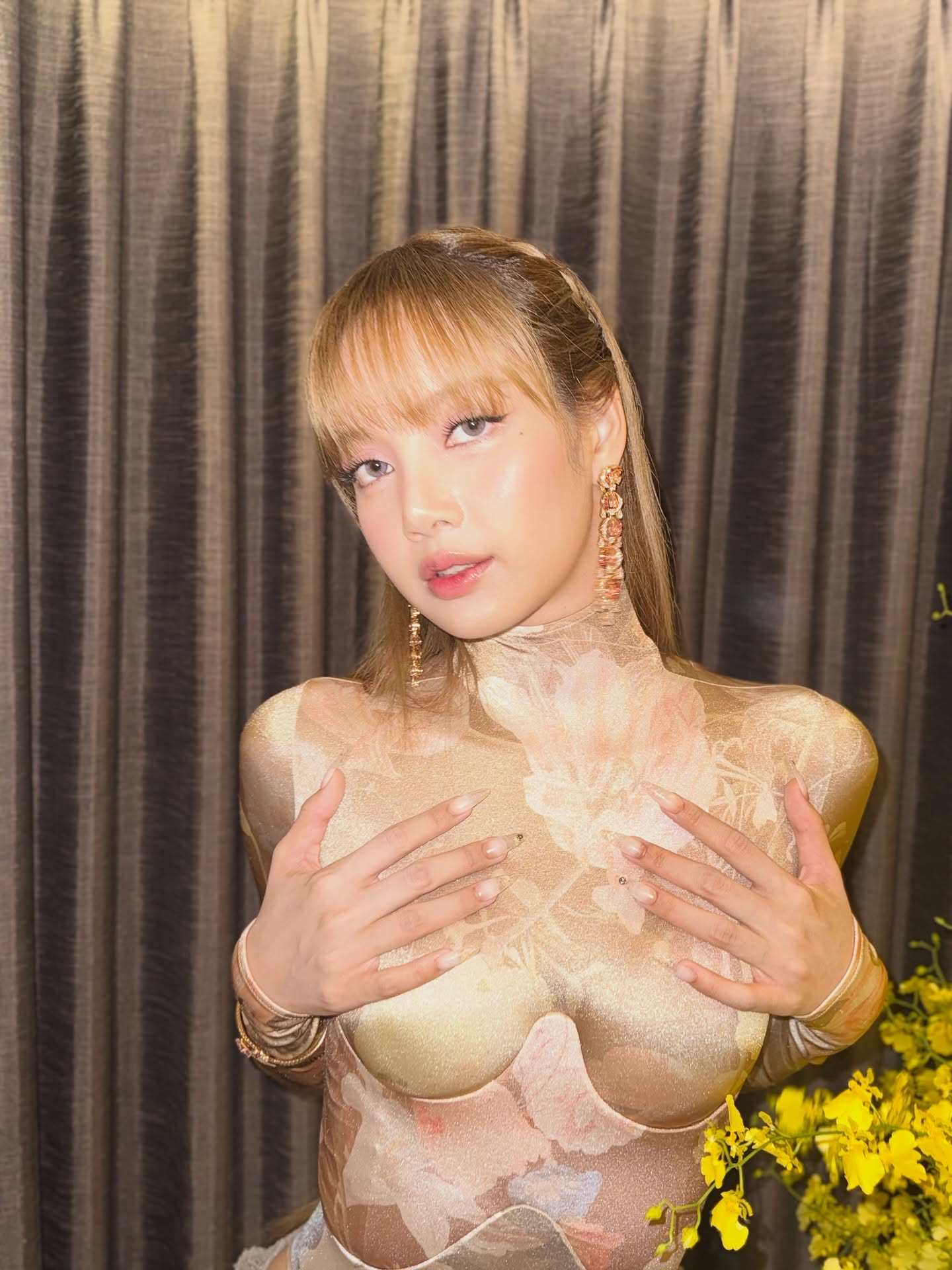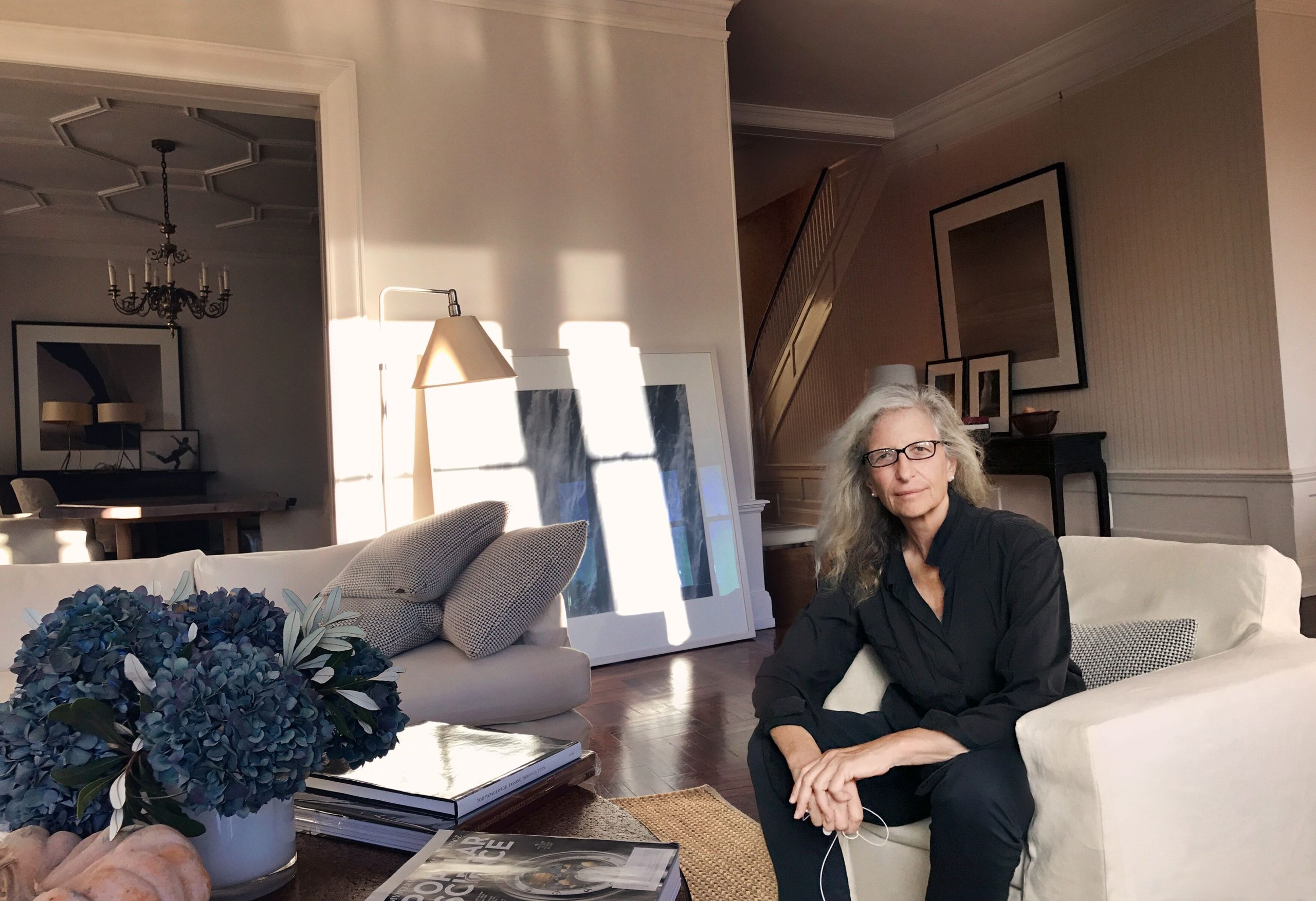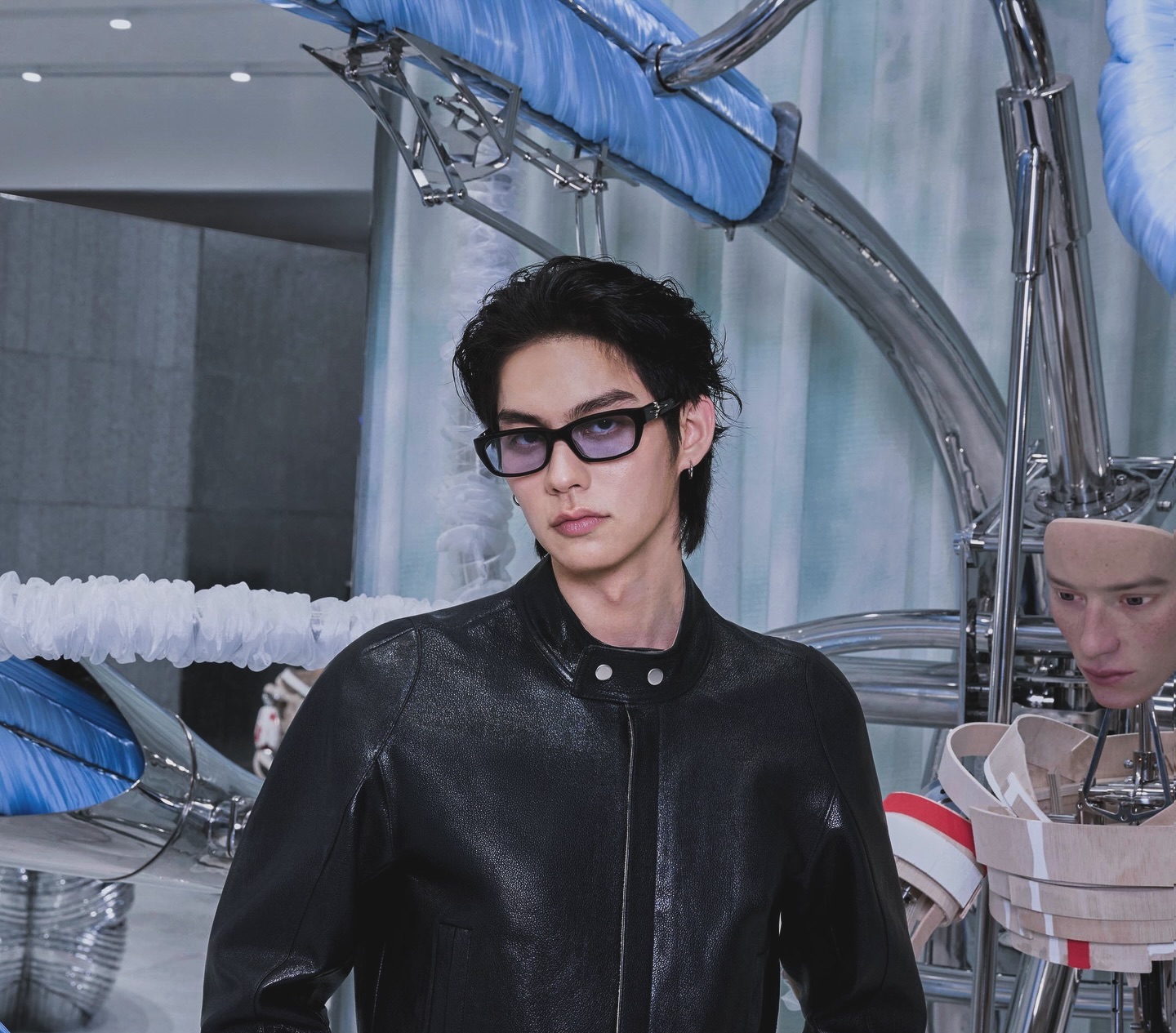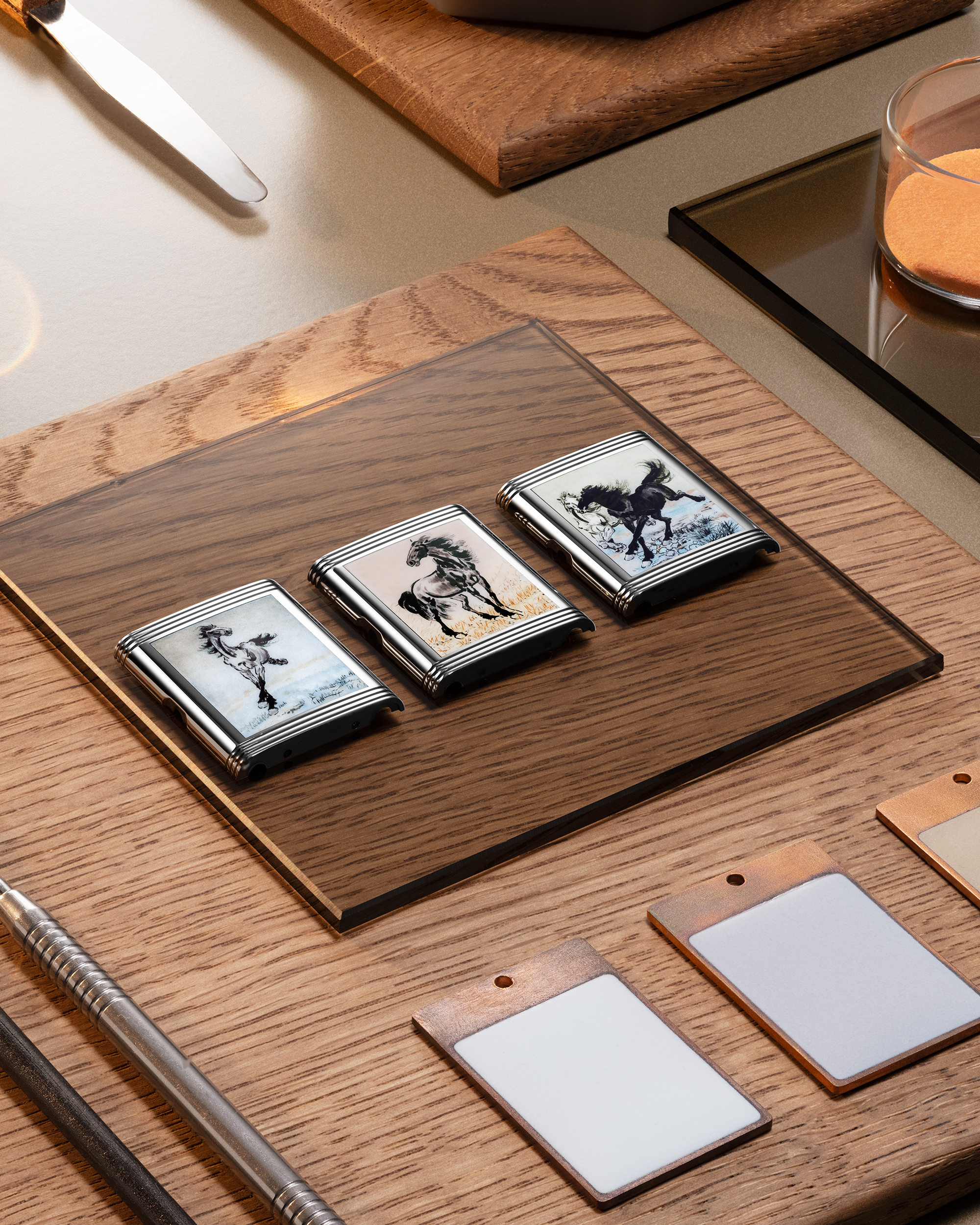Netflix’s reality series The Boyfriend has turned out to be a surprising streaming hit this summer. David Ho gives you a rundown and review on Japan’s first same-sex dating show
The Boyfriend on Netflix recently concluded the 10 episode run of its first season, with a special reunion episode broadcast on X and YouTube (see above).
As Japan’s first gay dating reality show, The Boyfriend has a lot riding on it. It puts nine single queer men under one roof in the coastal town of Tateyama, who then have to live off what they earn from co-running a coffee truck while looking for potential boyfriends in each other. Meanwhile, a separate crew of five commenters watch on to provide perspective and comic relief on what goes on. So the show basically comes with a watch party built in.
Comparisons have been drawn with Terrace House, another Japanese dating show that makes their cast live together as they search for love amongst one another. But as the cast of The Boyfriend bond over chores and slowly open up to one another, it emerges that the show has something more to offer than romance – the sense of queer camaraderie becomes as important as the initial goal of finding a boyfriend.
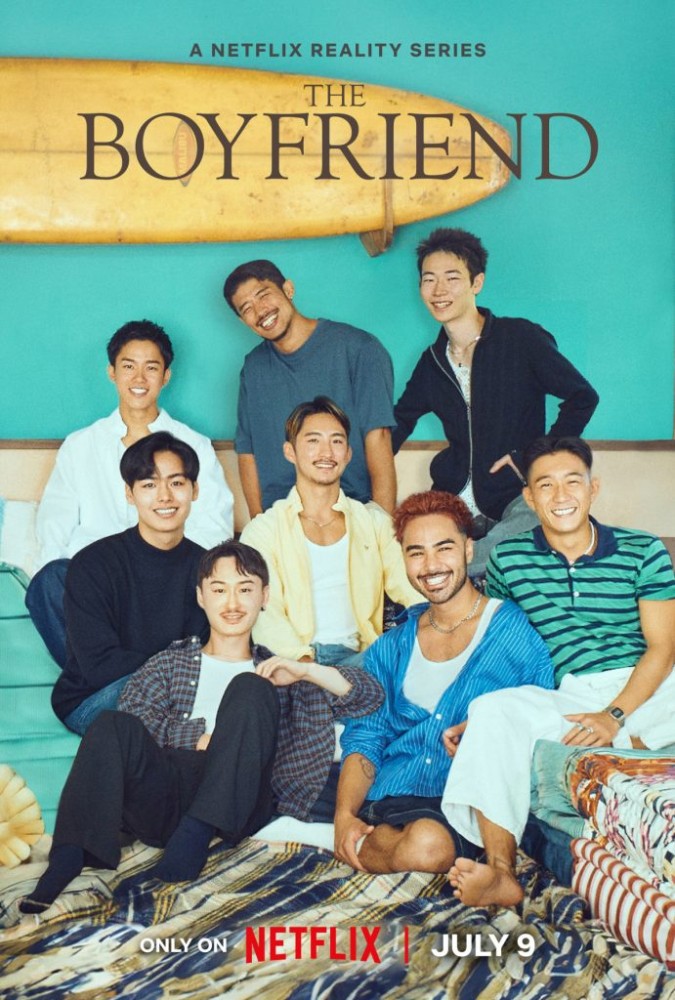
The Boyfriend on Netflix makes for a fairly wholesome watch. The show has many moments that would delight fans of the yaoi or Boys’ Love (BL) genre with the heartwarming exchanges between cast members. The predominantly Japanese cast are polite and fairly reserved, a notable cultural difference of the cast from other dating shows we are accustomed to. So don’t expect the high-octane, meme worthy drama we are used to from other dating series like Love Island, Naked Attraction, The Bachelor, Married at First Sight, or Too Hot to Handle. Gone also is the typical “top/bottom?” exchange, which makes us wonder how conversations about sexual compatibility was had.
The more kumbaya atmosphere may take awhile to get used to in the age of Real Housewives clips, especially when the show does not do eliminations or potentially humiliating challenges. Instead, the producers gently push the guys to show their interest to one another by picking coffee truck shift partners and even writing anonymous letters. But that might also make the first couple of episodes a bit too tame for viewers used to faster paced dating shows.
Also see: The recipe of Netflix’s well done Beef
(Warning: Spoilers ahead)
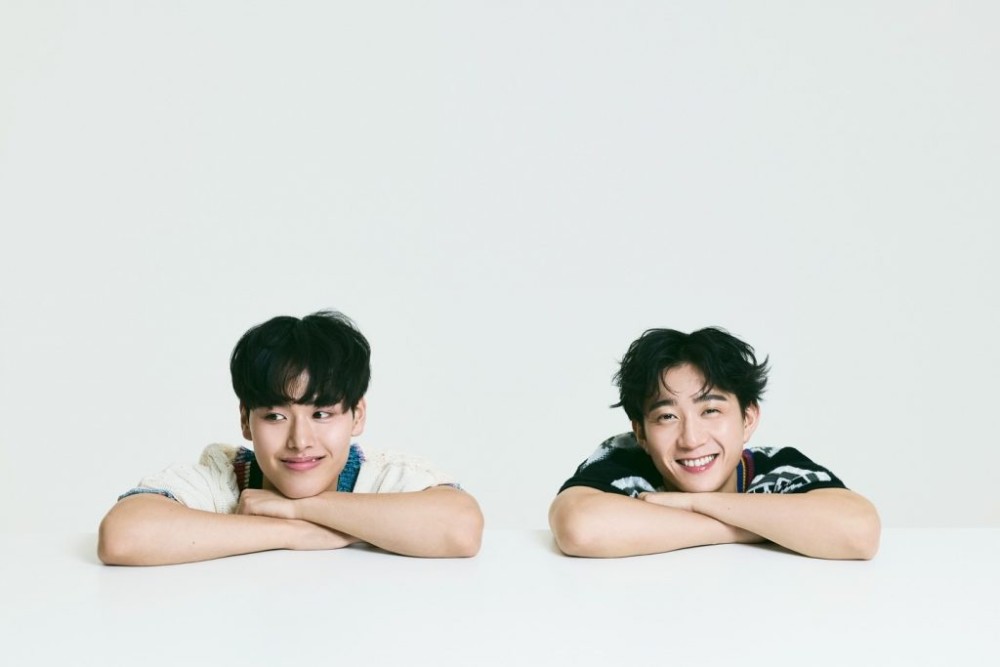
Still, that’s not to say the show doesn’t have its friction. While it’s quickly evident that Dai and Shun would be the first couple to emerge from the batch, they also serve up the drama. The interactions between them is frustrating to watch, and even exhausting at times. The introverted Shun is quite the ice queen and prone to acting out passive-aggressively towards his love interest, the bubbly and outgoing Dai. His meltdown upon discovering that Dai has spicy pictures of himself on his phone is quite puzzling, especially in the era of Grindr connections and greater freedom of expression. The pair have become a fan favourite pairing, but are also the poster boys for poor communication.
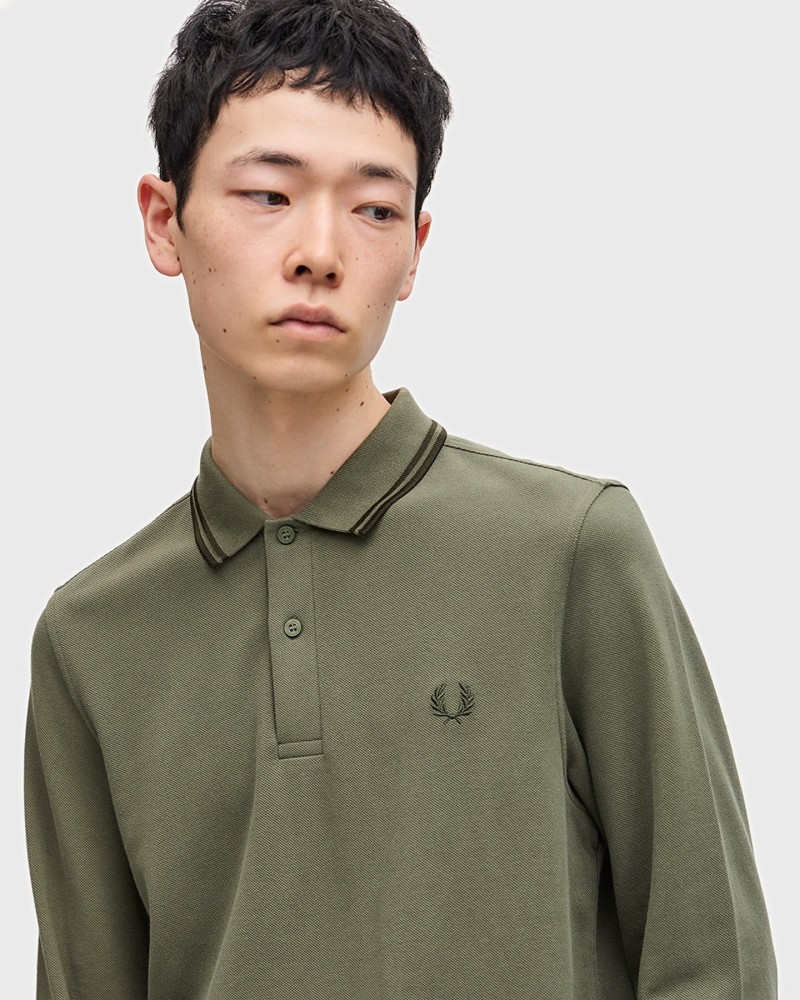
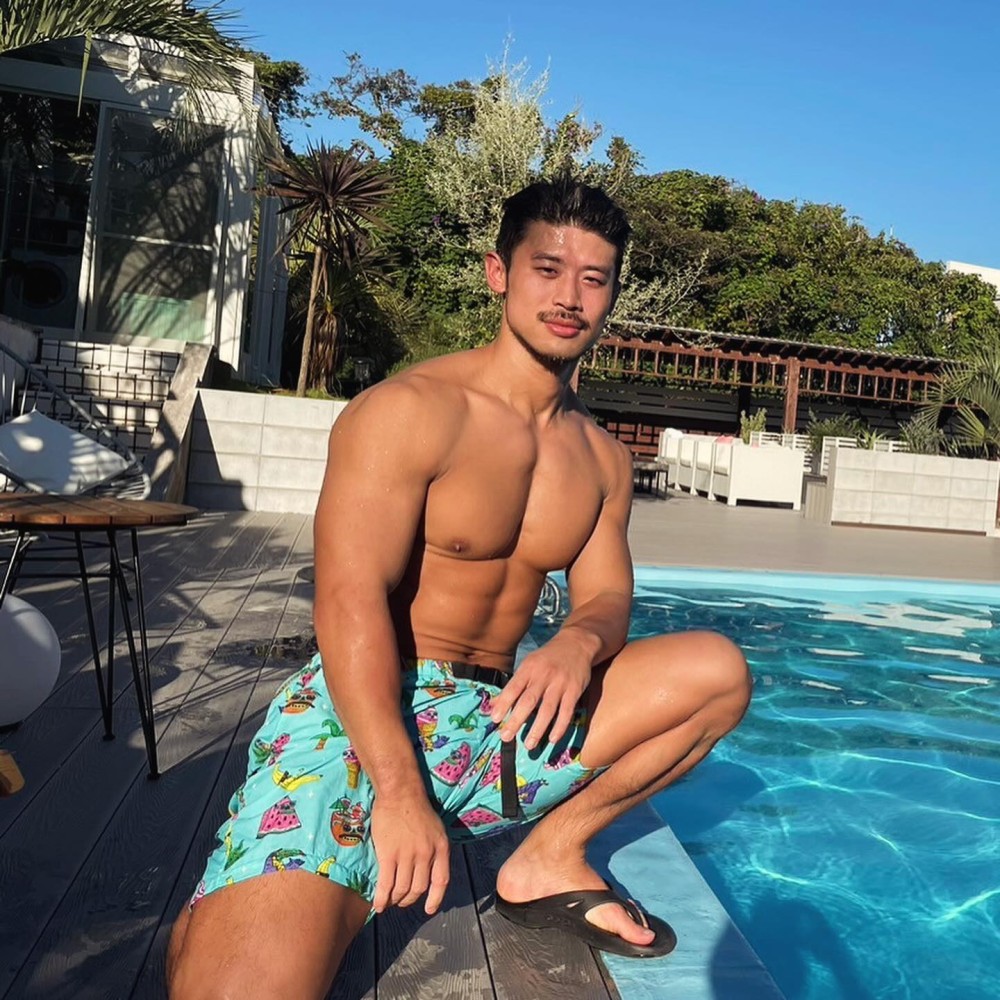
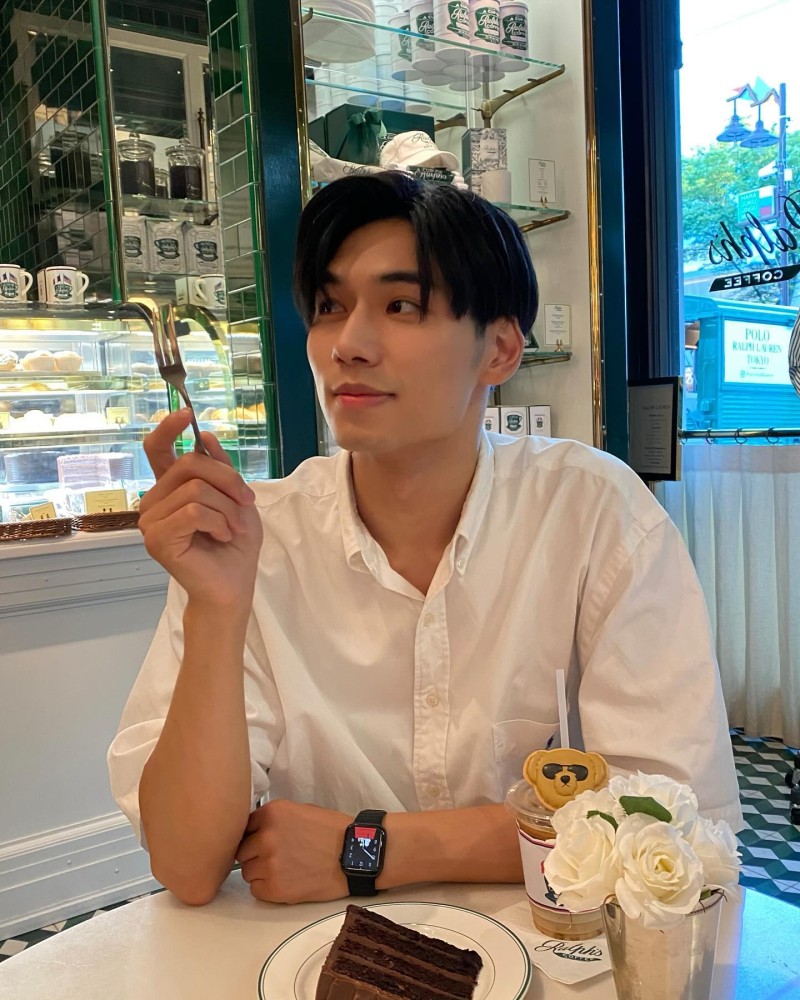
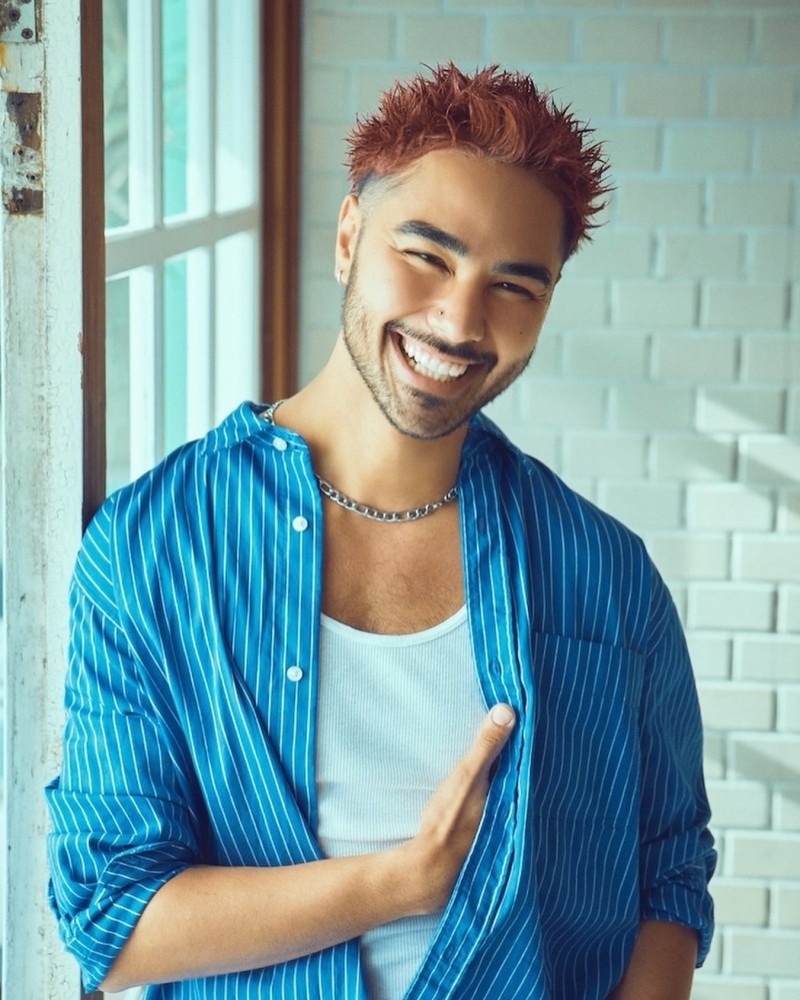
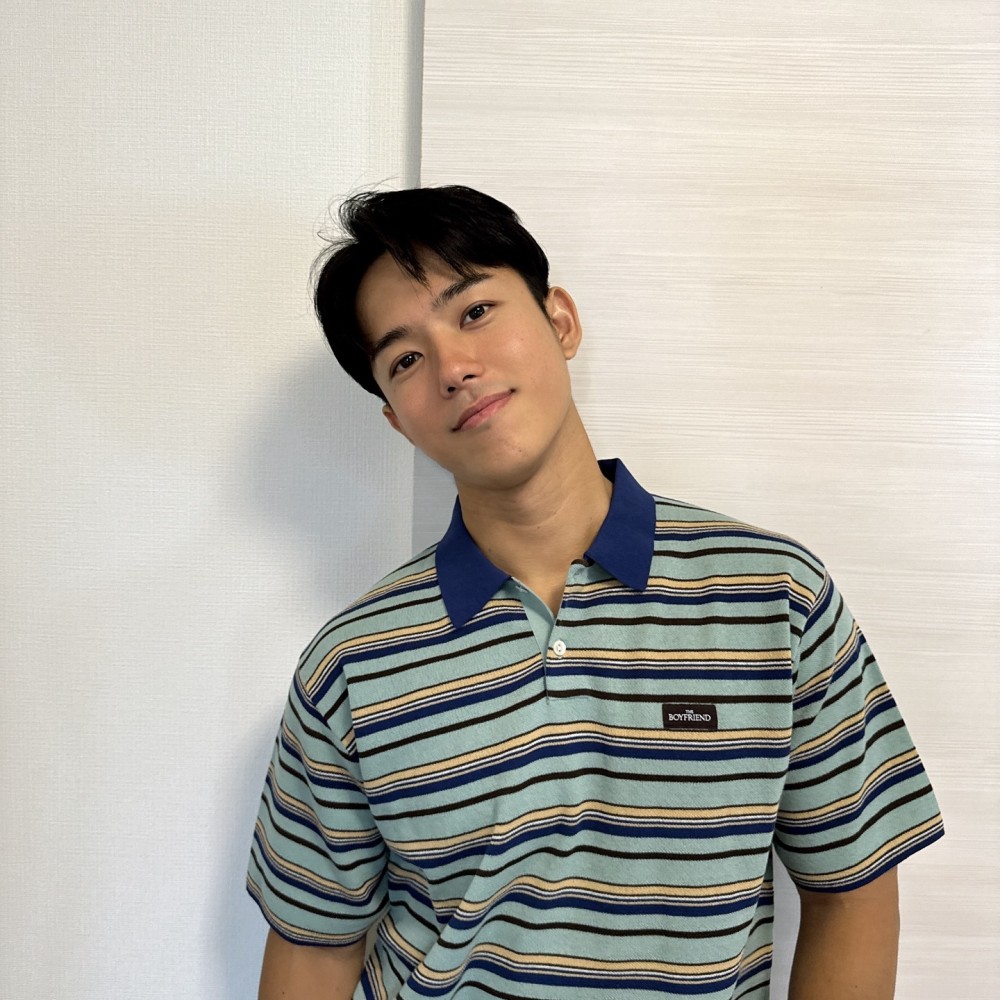
Top: Ryota, Usak, Ikuo
Bottom: Alan, Kazuto
Photo: Instagram @ryota_32_ @saksaksaksack @iku.o323 @takahashialan @kaz._.too
Then, the show essentially becomes Kazuto’s Drag Race as the rest of the cast gravitate to the charismatic chef and vie for his attention. Alan, who is of Brazilian and Japanese heritage, is the live wire of the lot and comes out as a front runner for Kazuto’s affections. But in a very Japanese manner, he is quickly told that he needs to tone down his excited puppy ways.
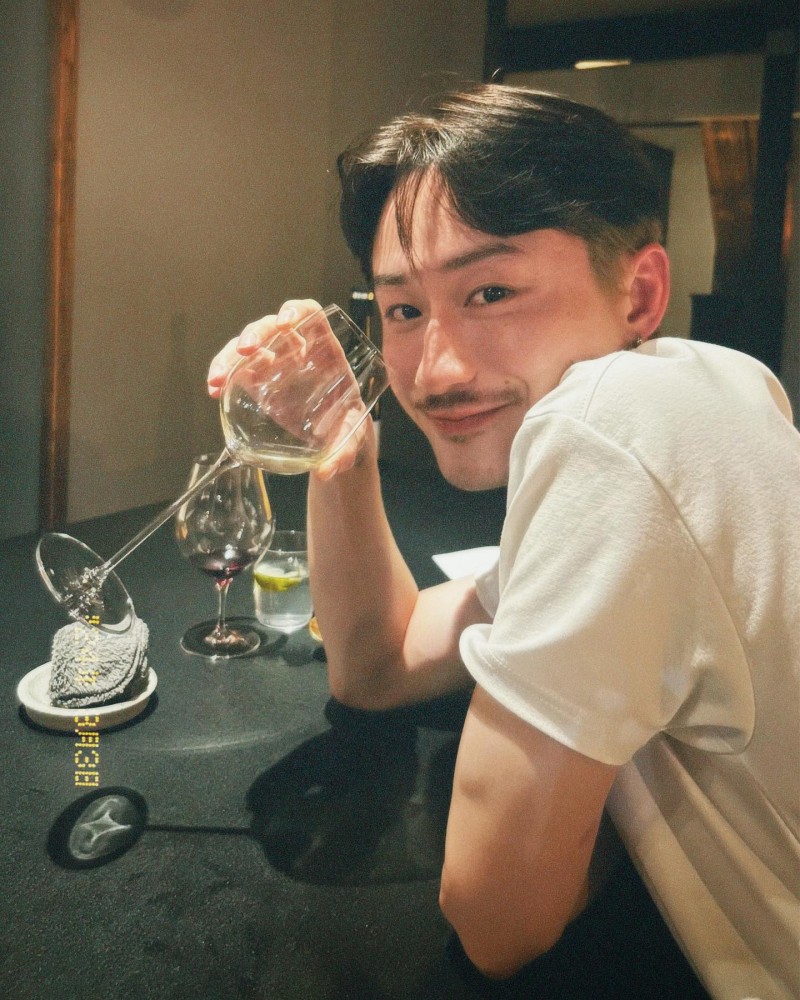
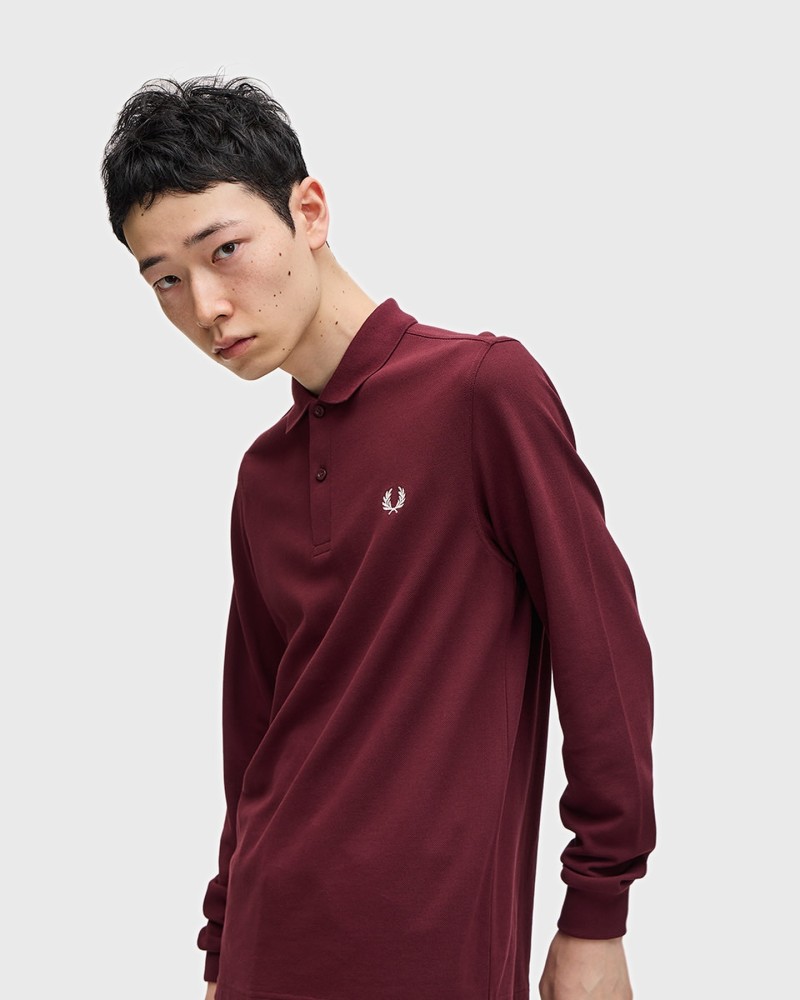
Meanwhile, the earnest Ryota is the show’s tragic love figure. The model-barista’s romantic gestures move from Shun to Kazuto without any success, and he is relegated to the friend zone instead. He even loses out on his shot with Gensei, an adorable makeup artist from Taiwan who crushes on him and gives up when he finally realises it is unlikely to be reciprocated on the same level. Props to Gensei for the awareness and self-respect, while Ryota crashes and burns as he makes a final desperate gamble for the popular Kazuto. Depending on how one sees it, Ryota is either a die hard romantic or a prime example of grass is greener syndrome.
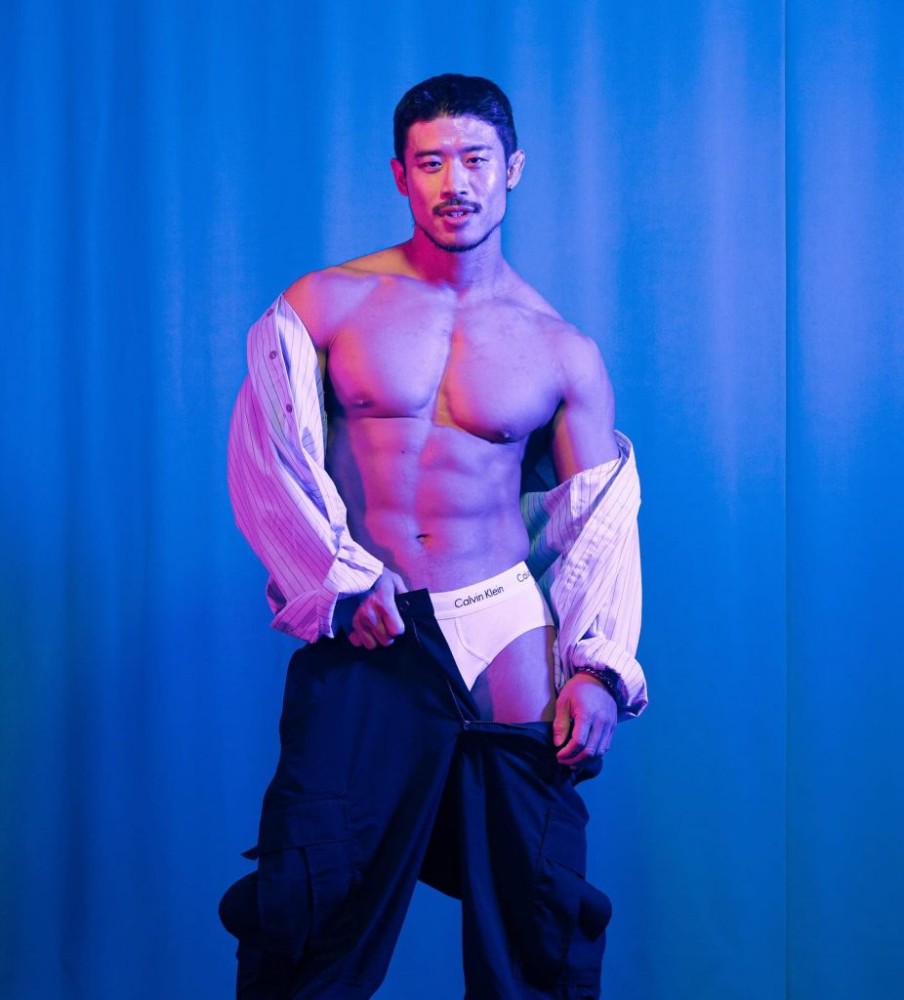
Modern social dynamics are most evident with Usak, a popular gogo dancer in Japan. His Instagram fame and beefcake physique wins him awe from the others, but he still feels out of place among the group. His social stature also earns him a lot of leeway, especially when it came to how more than half of the household budget came to be allocated for his infamous chicken breast smoothies. But we love how the situation between him and the rest was calmly and maturely resolved, which provides a good learning point for viewers on how to deal with conflict.
A late entrant to the house is Ikuo, who seems to be planted by the producers to stir things up. The burger shop worker throws a spanner in the works for both the Kazuto fanboy faction and the Dai-Shun coupling. But his button pushing serves to give the cast the final bit of pressure they need to come to their final decisions.
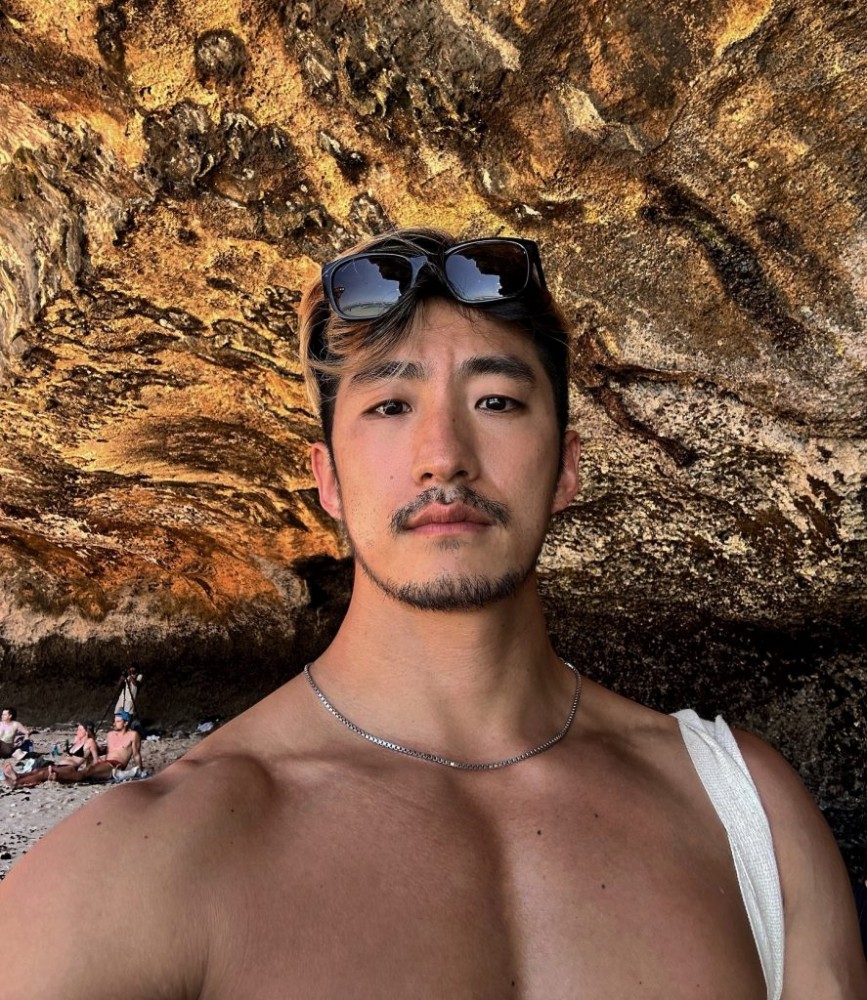
The person who arguably got the least screen time is Taeheon, a non-Japanese member of the house. Despite being a total catch, the Korean product designer seems to be overlooked, which some viewers have tried to pin down to xenophobia in the Japanese dating scene. Whether or not that played a part, it’s also clear that Taeheon has other things on his mind. He confesses to the rest that joining the show served as an impetus for him to come out to his family. The support that he receives is genuinely touching, including the anecdotes shared by the others on their coming out journeys. “I found friends I can truly be honest with,” the 35-year-old declared as he leaves the Green Room, and it makes the journey worthwhile for him.
A key hook for this show is actually not just the romantic quests, but the rapport shown between the cast members. They encourage each other to express themselves (even at the cost of heartbreak to themselves) and support their fellow cast mates without being competitive or ganging up on each other. It serves as a tender reminder that even on our search for love, the boyfriend(s) we need most are the ones who are truly our friends.
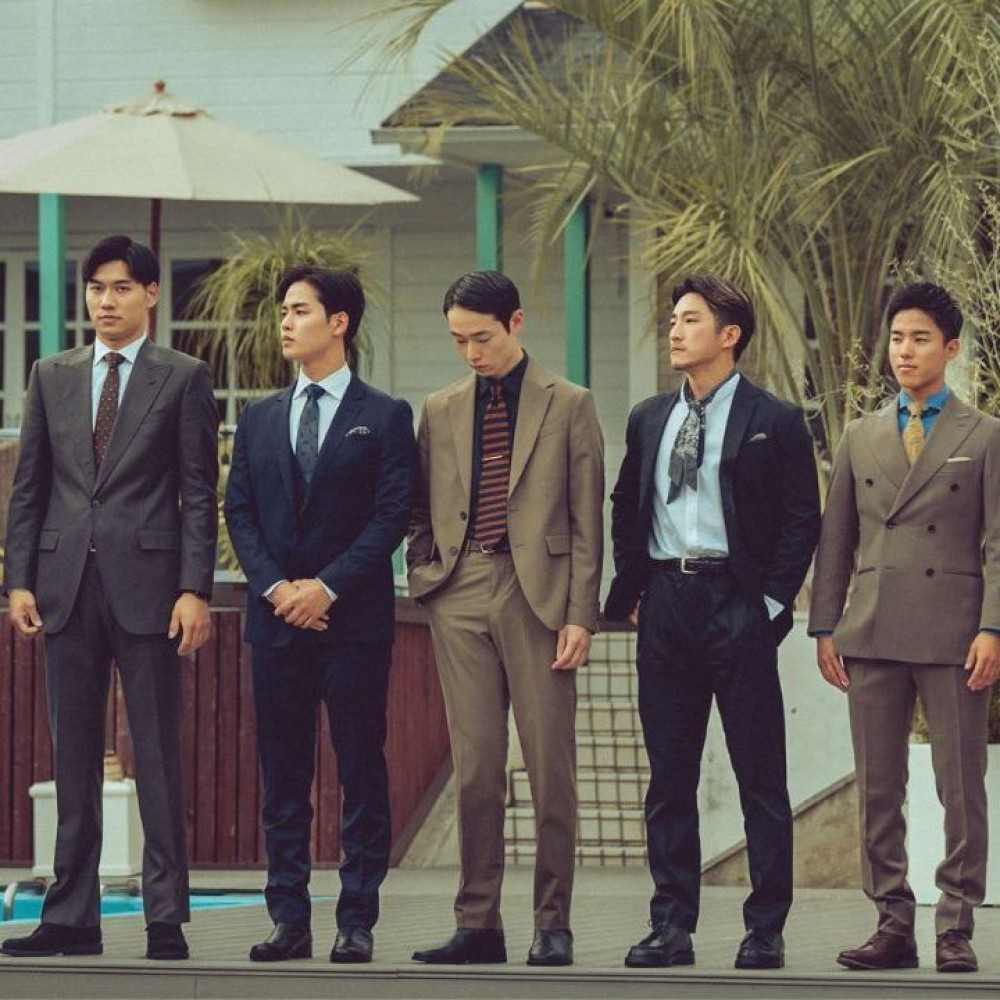
Verdict: This is great if you enjoy a warm and cozy viewing that frames queer dating in a light hearted, BL-tinged light.
Also see: Deadpool & Wolverine: Overhyped?



